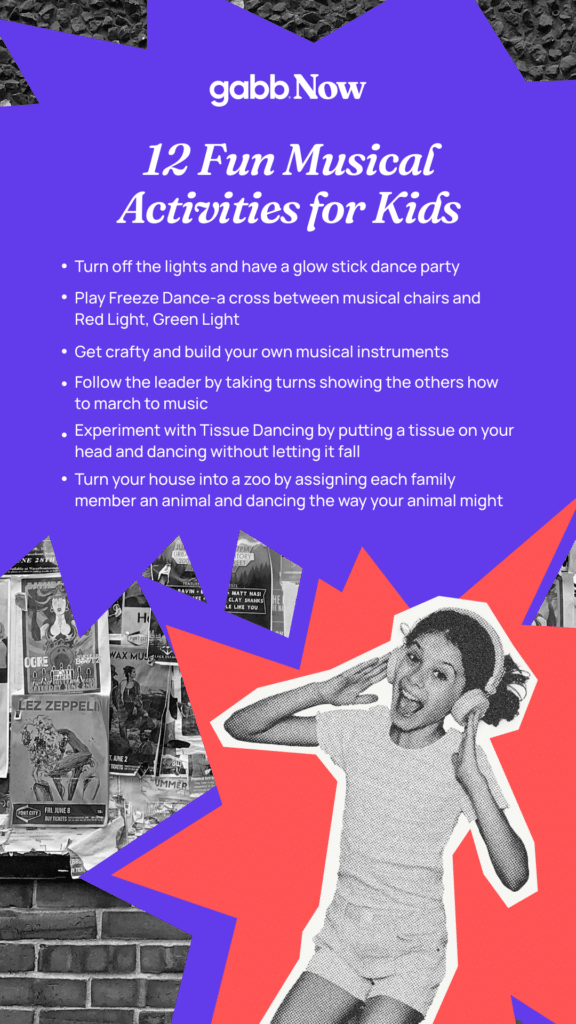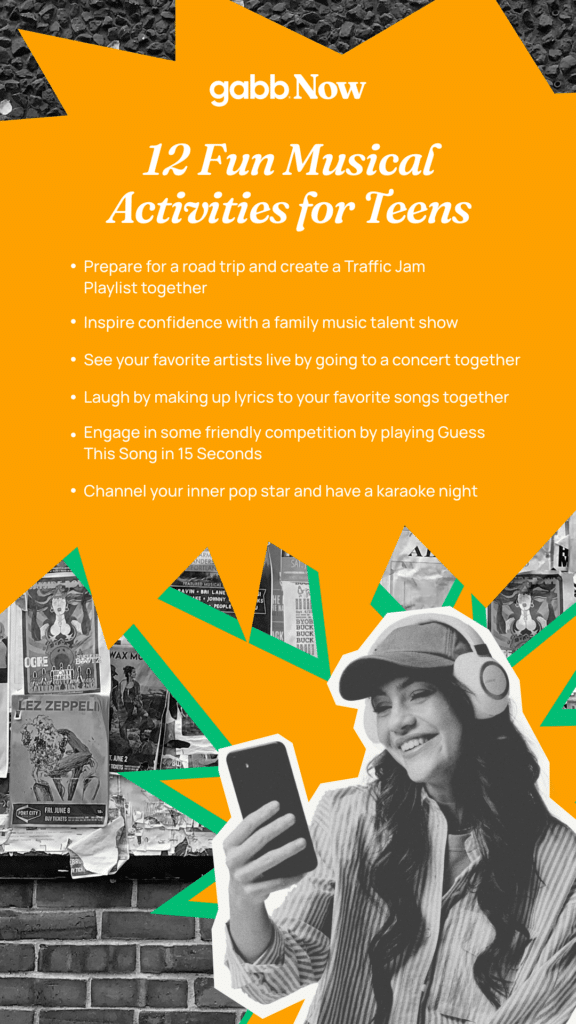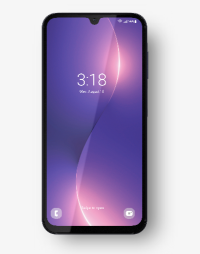Updated – Originally published December 19, 2023
Imagine your teen comes home after a bad day at school and storms off to their room before you can ask what’s wrong. A few minutes later, they’re blaring music from their bedroom, and it’s definitely not the peaceful, happy music you think they could probably use right about then.
We’ve all done it — chosen to put on sad music on a bad day rather than music that will boost our mood. But what are the effects of listening to certain kinds of music? How does it influence the mood of a teen? How does it impact our child’s development?
Let’s dive into the research and find out what music can do to help (or hurt) us.
Music and Brain Development in Early Childhood
Numerous studies indicate that most music positively influences children’s maturation and brain development.
Research has shown that exposure to music can enhance cognitive and language skills, improve memory, and increase academic performance. Specifically, learning how to play musical instruments can improve children’s academic skills, boosting memory, concentration, and even executive functioning.
How Does Music Affect the Brain?
Music can have a direct impact on improving mental health. Studies have shown that listening to music is a helpful coping mechanism for many people to lower anxiety and decrease stress.
Music playing around 60 beats per minute is the best tempo to promote a relaxed and conscious mind.

However, not all music has positive effects on the brain. Music can also adversely affect the brain, particularly with the excessive exposure to explicit material in certain songs and genres. Researchers have long suggested that exposure to violent music lyrics correlates to emotional and behavioral problems such as substance abuse, risky sexual behaviors, and even suicide.
How Does Music Affect Your Mood? The Effects of Music on Human Behavior
The effects of music on mood vary according to an individual’s personality, situation, emotions, and how they regulate them. Still, music is an important tool for managing and improving emotions for many people. Simply playing background music can be beneficial.
Music also boosts social skills, developing children’s empathy and making them more cooperative. It can be an excellent way for kids to express themselves and connect with others through singing, playing an instrument, or participating in a music program or club.
Music can distract us from negative feelings, provide social support, create a relaxing environment, and encourage us to identify and think about our emotions.
The right music can energize and motivate listeners. It’s important to be aware that certain types of music can also negatively affect moods.
How Does Music Affect Your Mood Negatively?
It’s no surprise that research indicates listening to sad music can actually worsen rather than improve your mood. Studies have also found a relationship between violent song lyrics and an increase in aggressive thoughts and feelings of hostility.
Lyrics that are especially destructive and violent influence the listener’s perspective, attitudes, and acceptance of violence and misogyny.
We can encourage kids to be selective about what they listen to so that it can support their desire to feel better.
How Does Music Affect Us Socially? The Social Impact of Music
Music can improve mental health through increasing feelings of social connectedness. In fact, music has played an important role in bonding individuals and communities over thousands of years.

Today, music is an important factor in determining friendships and peer culture. While this is true for adults, music seems especially important for adolescents’ social bonds. It is not uncommon for friend groups to be formed and maintained by similar interests in music.
How Does Music Affect You Physically?
Today’s kids are getting less sleep and less exercise than children a few decades ago — these two crucial pillars of physical health impact mental health.
Music can be a critical part of the solution. Several studies have shown that music can improve sleep quality and quantity.
Music can lower physical stress — such as heart rate, cortisol levels, and blood pressure — all good things when trying to relax and fall asleep.
On the other hand, a poor stress response left unchecked increases the likelihood of chronic high blood pressure, heart disease, obesity, and addiction.
Furthermore, upbeat music can motivate people to exercise — often increasing positive feelings during workouts.
Staying Safe While Streaming
Most streaming services are not made for kids and can expose teens to explicit images, videos, podcasts, and song lyrics.
Thankfully, there are now safe streaming services that provide the benefits of music streaming without the risks of exposing your family to explicit songs.

When music streaming is designed with kid-safety as a priority, kids can access the popular artists they want to listen to but without concerns surrounding profanity, sexual language, hateful lyrics, and more.
As a parent, you won’t have to worry about what kids might hear — simply hit play and connect with them.
Fun Music Activities to Help Families Bond
Quality music can be a bridge between family members, helping parents bond with and improve their children’s well-being.
Even if your child’s musical taste doesn’t match your own, you can strengthen your bond by getting to know what they listen to.

Research above shows that music and child development are connected and that music plays an important part in improving quality of life.
Choose one of the activities below, or create your own, and see if music can connect your family the way it has for many others.
Kids crave connection. Though they may not always know how to do it, they want your approval and acceptance.

For the best and safest music streaming service, check out Gabb Music featuring the top hits that kids love, without the explicits and innuendos.

What music streaming services does your family use? Anything you’d like to change about it? Tell us in the comments.










Success!
Your comment has been submitted for review! We will notify you when it has been approved and posted!
Thank you!